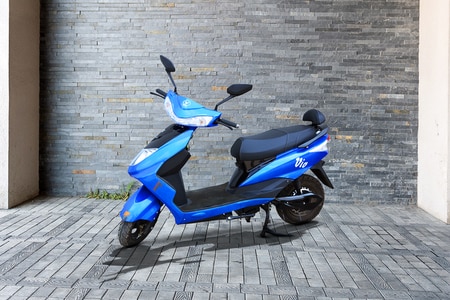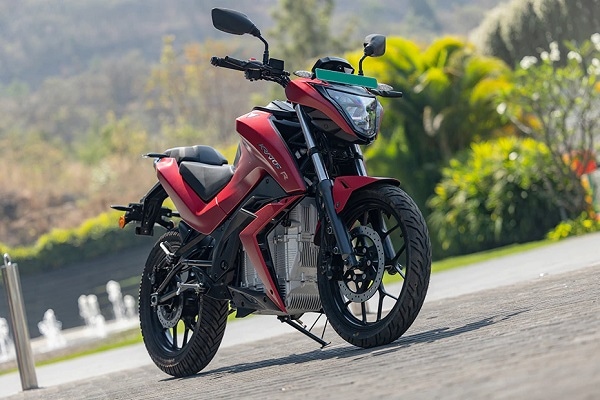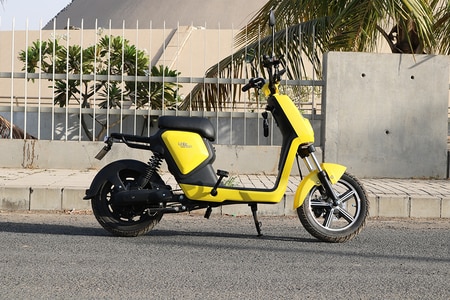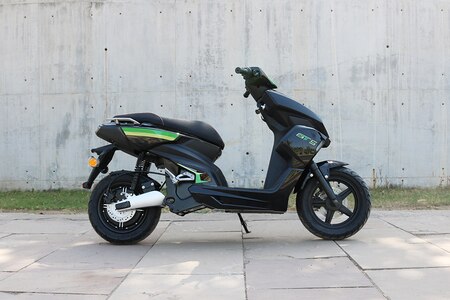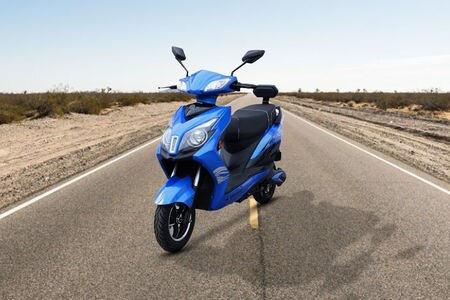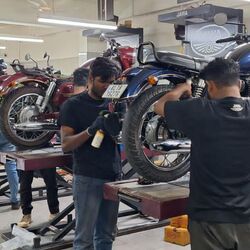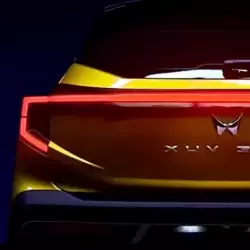Tata Motors to redesign vehicles to reduce impact of semiconductor crisis
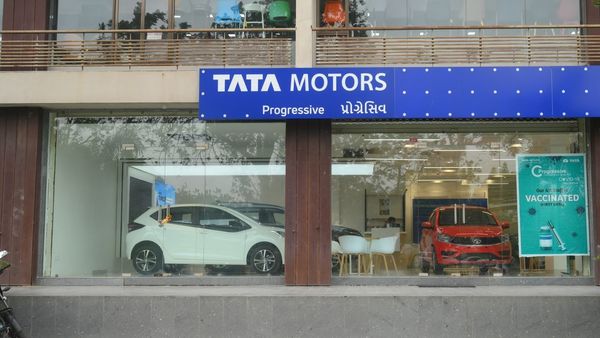

Tata Motors plans to overcome the ongoing chip shortage crisis due to lack of supply of semiconductors in coming days. The crisis, which has impacted almost every vehicle manufacturer across the world, contributed heavily towards Tata Motors' loss in the second quarter this year.
Tata Motors hopes that the crisis will ease out by the second half of the next fiscal. However, the company does not want to wait for the crisis to end and revealed a workaround plan to actually reduce dependency on semiconductors.
Also check these Bikes
According to Girish Wagh, President of Commercial Vehicle Business at Tata Motors, the company has taken several steps to overcome the challenge, including making some changes in the product configuration so that the requirement is reduced. The company is also engaging with suppliers and talking to semiconductor manufacturers to get some of the consignments faster.
"In H2 (second half of the ongoing fiscal), we have also seen the semiconductors becoming a major constraint. This is something which has actually affected us in the commercial vehicles (CVs) also," Wagh was quoted by news agency PTI.
"We have seen some impact. Initially, it was on the small commercial vehicles (SCV) and later we have also seen some impact happening in medium and heavy commercial vehicles (M&HCV)," he added.
Due to the supply issues, Tata Motors had hiked prices of its vehicles in October last year and then in January, to tackle the impact of rising commodity rates. We are now monitoring the situation to see what happens going ahead for the next year and looking at the current situation, we will also be looking at doing the same in the month of April when we get in the next year," Wagh added.
Also Read : Tata Motors seeks equal treatment from Centre after Tesla calls for EV sops
Wagh said, "As suppliers have indicated to us, the impact should go on gradually reducing. Therefore, from that perspective, I am looking at next (fiscal) year from an optimistic mindset...towards the end of Q2 and beginning of H2, we should be seeing the supply side completely on track but the situation is indeed very very dynamic..."
Wagh expects the commercial vehicle industry will grow over 30% if conditions are favourable and is able to outweigh factors like high fuel prices and the coronavirus pandemic.







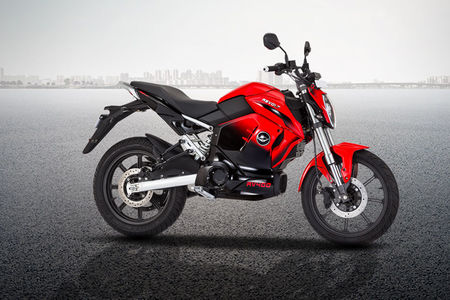
 3.24 KWh
3.24 KWh 150 Km
150 Km